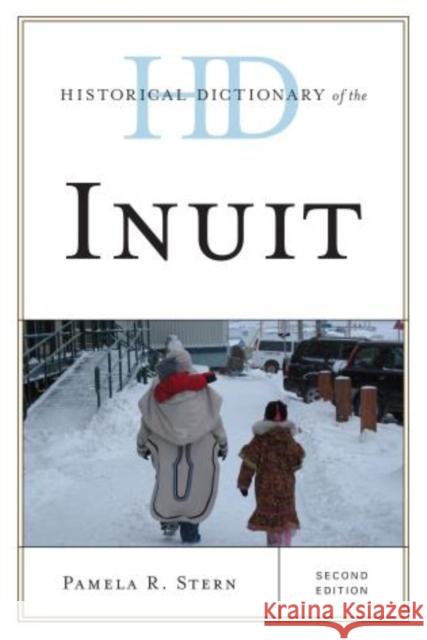Historical Dictionary of the Inuit » książka
Historical Dictionary of the Inuit
ISBN-13: 9780810879119 / Angielski / Twarda / 2013 / 290 str.
The Inuit do not represent a very large population, only 160,000 or so, spread over a very large portion of the Arctic region and located in four different countries. Although they are a "people," there are many variations from one group to the next, and any study of them must consider both similarities and differences. The Historical Dictionary of the Inuit introduces us to the Inuit as they actually are and not as they have been traditionally pictured and some would still like to see them--looking after their traditional chores and engaged in time-honored practices--but rather as a modern people trying to shape their worlds in their own interest. This second edition includes an updated chronology, as well as an introduction to provide a broader view of who the Inuit are, where they live, and what they do. But it is the dictionary section that is most interesting, with many new informative entries on persons, places, events, and institutions, shedding light not only on the culture but also on the society, economy, and politics. For those seeking further information, there is a considerably expanded bibliography. This book is an excellent access point for students, researchers, and anyone wanting to know more about the Inuit.











